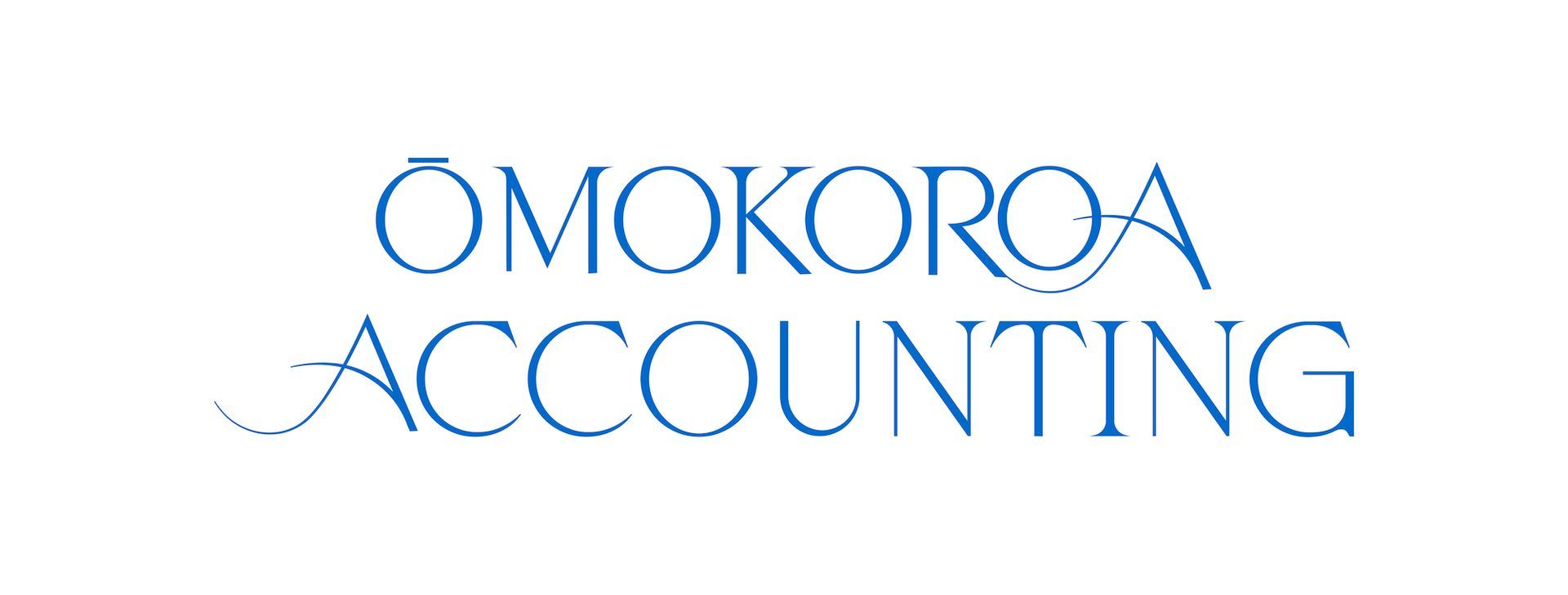Investing your own money in your business
When you first start a business, you may need a cash injection to kick things off. This often comes in the form of your own money if you need to purchase stock, invest in a website, or buy tools and resources before your business can get started.
This initial investment is called ‘working capital’ and is the funds needed to pay your way until you start to receive and generate business income. This initial capital usually comes from two main sources: investing your own personal funds or borrowing money from family or a bank.
It’s important to keep good records of the money you invest, so you can pay yourself back when the business starts to generate income. When you first start the business, the drawings you take usually replace your wages. If you were previously employed, the amount you draw out will depend on two things:
- How much do you need to survive each week?
- How much money is in the business bank account?
We usually recommend taking the minimum of drawings to start with, so that you have a buffer sitting in your bank account to allow for ongoing costs. i.e., A monthly website subscription.
When you contribute funds from your personal account to your business account or withdraw from the business, you record these entries in a ‘Current Account’. A current account is how you keep a record of the money you put in or withdraw from the business and allows you to see how much the business owes you at any time.
When a business receives introduced capital, the value is entered into the current account, and the business now owes the current account owner that amount of capital. The drawings you withdraw from the business are not subject to taxation; it's a retrieval of your initial investment, like repaying a loan.
Starting a new business? Do you need financial advice? Give us a call, we can help.


